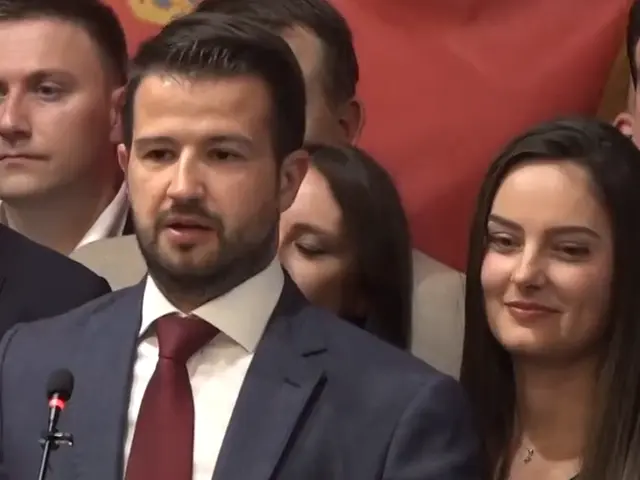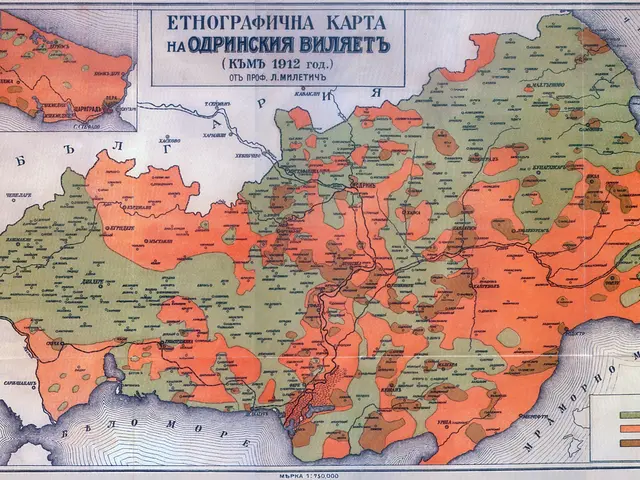Conflict in Cosmic Realms: India's Space Pioneers vs. Pakistan's Radical Elements: A Comparison of Two Nation's Ideological Perspectives
India Steps Closer to Space Endeavors Amid Pakistan's Turbulent Terrain
In the heart of New Delhi, India's ambition to conquer space is sharply contrasted with its neighbor, Pakistan, where state-sponsored terrorism persists. Dr VK Saraswat, a former Director General of the Defense Research and Development Organization (DRDO) and current member of NITI Aayog, shared these sentiments with our website.
"It's a stark testament to our adversary's mindset. While India has consistently invested in training its people for peaceful space exploration, Pakistan has unfortunately chosen a path fraught with terrorism," Dr Saraswat stated. The remarks were made a month after a disastrous terrorist attack in Pahalgam, Jammu and Kashmir, which claimed the lives of 26 civilians. India retaliated with Operation Sindoor, launching air strikes on nine terror targets in Pakistan and Pakistan-occupied Kashmir on May 7.
One of the targets struck during the operation was Muridke in Pakistan's Punjab, a town that houses the headquarters of Lashkar-e-Taiba.
India's journey to the stars began in 1984 with Wing Commander Rakesh Sharma's historic space flight, progressing to missions like Chandrayaan and Mangalyaan. Plans are underway for a homegrown space station and deep space missions, all with the aim of advancing scientific knowledge and improving humanity's condition.
In less than a month, Group Captain Shubhanshu Shukla is set to travel to the International Space Station, marking another significant milestone for India's space aspirations. The Indian Space Research Organisation (ISRO) also aims to send Indian astronauts into low Earth orbit using an indigenous spacecraft through the Gaganyaan mission.
Meanwhile, Pakistan has yet to turn its focus towards science and technology to better its people's lives, according to Dr Saraswat. "Terrorism stands opposed to any social structure. It should be eradicated, not fostered. Instead of instigating chaos, Pakistan should prioritize science and technology for the betterment of its populace," he suggested.
Despite the ongoing tensions, Dr Saraswat expressed India's willingness to collaborate with Pakistan in the space sector if the opportunity arises. "If Pakistan is eager to collaborate with us, we may even consider a joint space program. We're prepared to share technologies with the potential to uplift their population," he stated.
As India continues to make strides in its space program, its message remains clear: progress and prosperity through science, envisioned hand-in-hand with peace.
[1] https://www.nytimes.com/2025/06/01/world/asia/india-pakistan-crisis.html[2] https://www.bbc.com/news/world-asia-india-57567881[3] https://www.reuters.com/world/india/india-pakistan-tensions-escalate-missile-strikes-hostilities-2025-05-08/[4] https://www.washingtonpost.com/world/asia_pacific/india-pakistan-tensions-flare-up-after-missile-strikes-and-brief-hostilities/2025/05/08/0e1352a0-83df-11eb-b6e6-969e94d414be_story.html
- In a context where India is propelling its space ambitions, Dr Saraswat critically highlights the contrast, as Pakistan continues to grapple with war and conflicts, also indicating a lack of emphasis on science and technology for the betterment of its populace.
- Amid intensifying space race and ongoing tensions between the two nations, Dr Saraswat proposes a unique collaboration opportunity, suggesting that India may consider a joint space program with Pakistan if they exhibit readiness to collaborate, with the intention to uplift their population through the sharing of technologies.
- While India is progressing in its space program, aiming to advance scientific knowledge and improve humanity's condition, politics and crime still overshadow Pakistan's aspiration for growth in science and technology, as exemplified by the state-sponsored terrorism that persists in the region.








